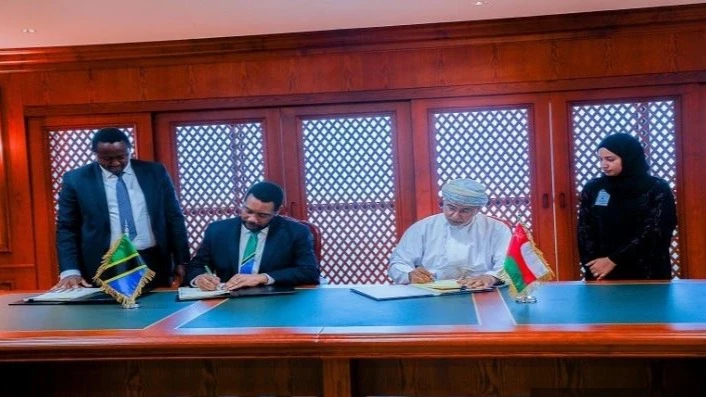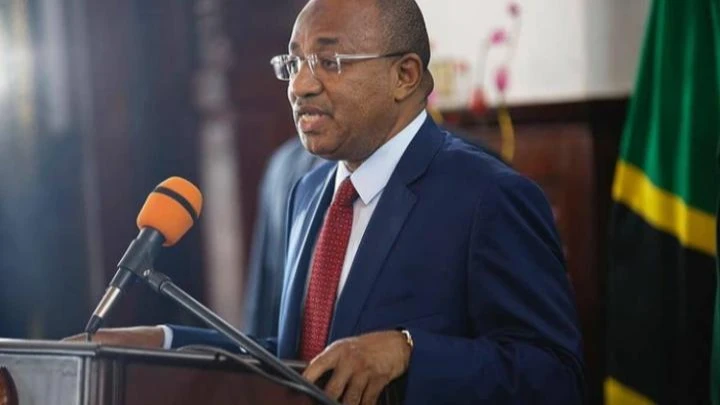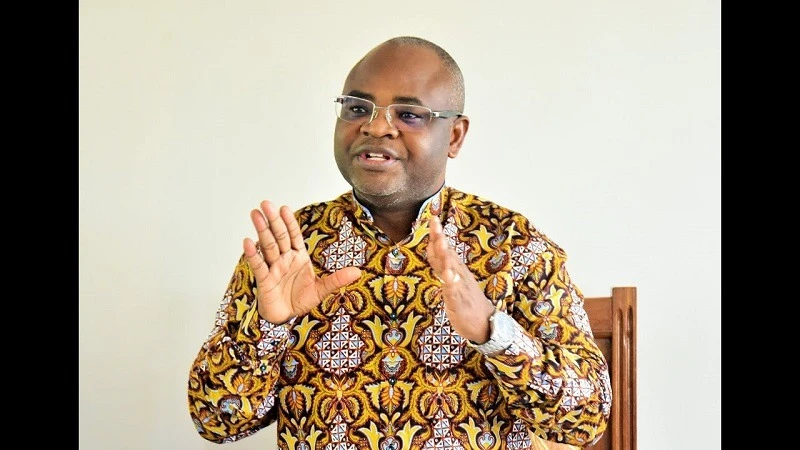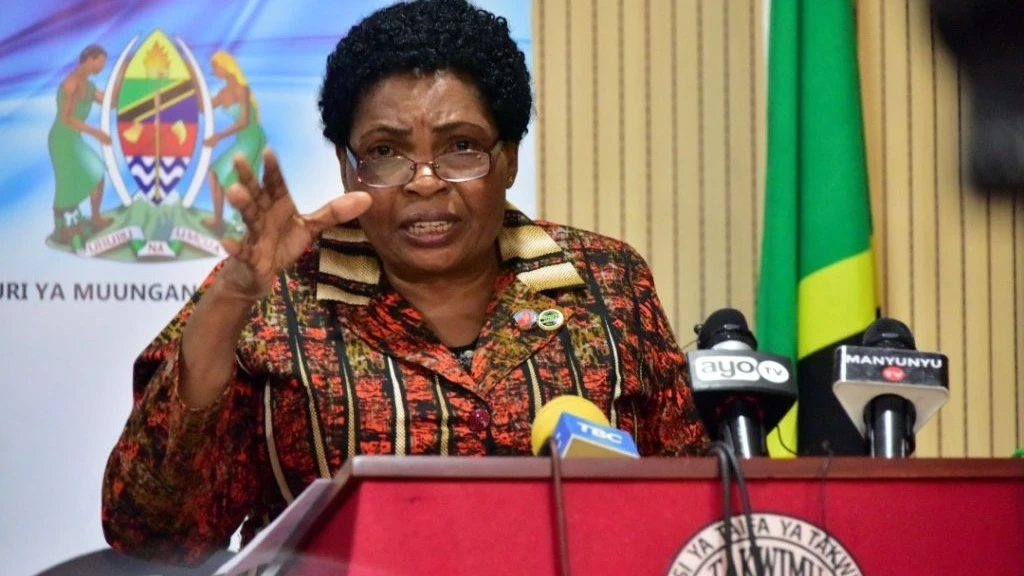Revamping law on internal auditing risky, complicated

EXPERIENCED members of the auditing profession must be thinking hard on how far African governments can establish policies and laws making internal auditors in public institutions freer and less interfered with by employers.
This matter is likely to be part of a current of discussion in the profession and where the law may have grey areas – that is, as to whether internal audits are either advised to work with their corporate superiors or have discretion on the matter.
Whether the government will have room to clarify on the issue is open to dispute, though.
Vice President Dr Philip Mpango made an appeal of this sort at midweek when opening the 10th general meeting of the African Federation of Institutes of Internal Auditors in Arusha city.
There was a sort of gap in what the VP was explaining – for instance, whether the issue was for internal auditors to give a true and realistic financial assessment of the specific entity or to render advice on the same.
The problem is strictly speaking resolved in the former, as there is no law relating to advice.
This brings the matter to where it started, as to whether African governments can institute clauses in their respective pieces of public audit legislation to protect internal auditors from undue influence or interference in their duties.
If the law basically recognizes them as internal to those institutions, it is unavoidable that they bend their work to suit the wishes or interests of such institutions. Unavoidably, it is the chief executive officer who from time to time determines what that means.
Otherwise, legislation would have it that internal auditors report to the government what is happening in an institution, which would be beside the point in that the state has its audit office, headed by the Controller and Auditor General.
Since the role of internal auditors is to advise the management on what there is in a particular company, department or agency, not being excessively frank or being ‘part of a team’ does not come to dereliction of duty on their part.
Internal auditors are supposed to help those who employ them, and they thus accordingly take corporate interest as essential to their own work.
How far internal auditors need to be independent can only relate to the systems in which they work, and to an extent they will take signals from the very same employers as to what they need, expect or are supposed to do.
It isn’t any different from external auditors, as they have a mandate to check the entity’s standing as a whole and principally in relation to compliance with regulations in one or other regard.
Listening to discussion relating to the CAG’s annual reports, it is not evident that internal auditors are accountable for what happens.
Nor do district directors explain their failure or dereliction of duty from what internal auditors do. When cash is diverted at points of sale, do internal auditors sound the alarm?
The VP’s remarks suggest that this is precisely what ought to be done – which raises the issue of whether key accounting officers need that advice or it is evident that whoever the auditor is advising seems to be at peace with this or that observation.
Internal auditor can’t change the way entities work but only help to dust the files and give the right picture of where the entities stand on revenues and liabilities.
Like everyone else, internal auditors are protected by law, and that includes their work contracts. Getting rid of an internal auditor for an act of interference would virtually signal that there is wrongdoing. One wonders whether that would be adequate.
Top Headlines
© 2024 IPPMEDIA.COM. ALL RIGHTS RESERVED

















